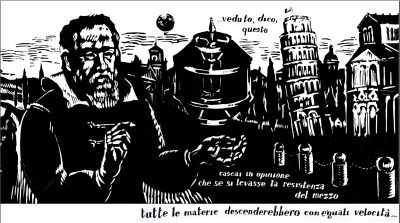Informal Workshop Pisa (Italy) 10-12 February 2010
"Galileo Galilei" (GG) and GGG lab prototype: state of the art and new possibilities Motivation The GG (“Galileo Galilei”) satellite experiment aims to test the Equivalence Principle to 10-17, an extremely ambitious goal (due to improve current best results by 4 orders of magnitude) that should tell us in a clear cut way whether we are in the presence of a new long-range physical interaction (violation) or not (confirmation). Either way, it would be a major result. This informal workshop is motivated by the possibility - first proposed by Slava Turyshev - that a laser gauge of the type developed at JPL for SIM (Space Interferometry Mission) may be used in GG to measure the relative displacements of the test masses, instead of the capacitance transducer currently planned for GG and tested in the GGG laboratory prototype. Following an email discussion, the best understanding of GG/GGG on one side and of SIM laser gauges on the other are brought together at this meeting to establish the viability of the proposal and set up ways of collaboration.
The workshop has led to very important results. Read here: Talks SIM-like laser gauge and adaptation to GG (M. Shao, JPL) Overview of the GG space experiment current design (A. Nobili, Univ. Pisa & INFN) Seminar given by Michael Shao (JPL) at INFN, Sezione di Pisa: GG error budget from the end-to-end simulator developed at TAS-I (G. Catastini, TAS-I) The new space science DLR Institute in Bremen and Fundamental Physics (H. Dittus, DLR, Germany)
|
